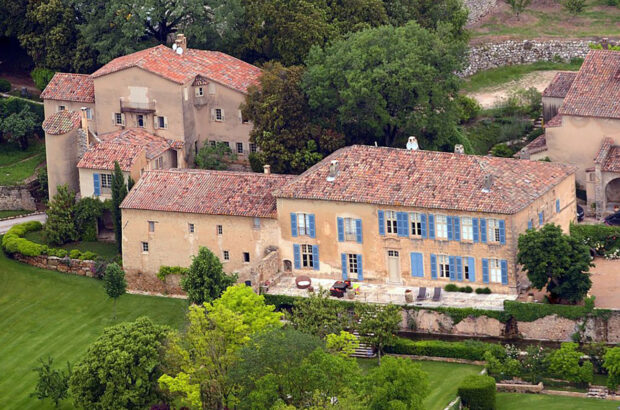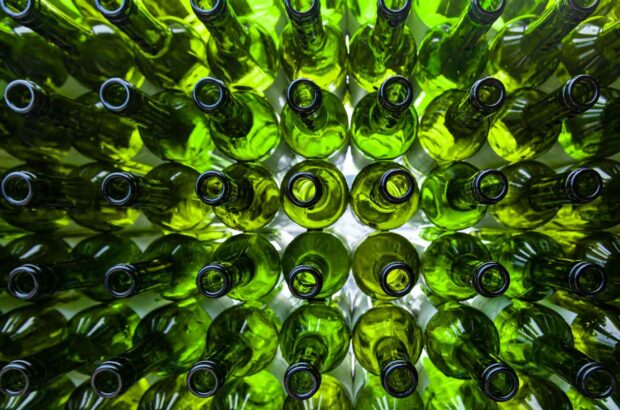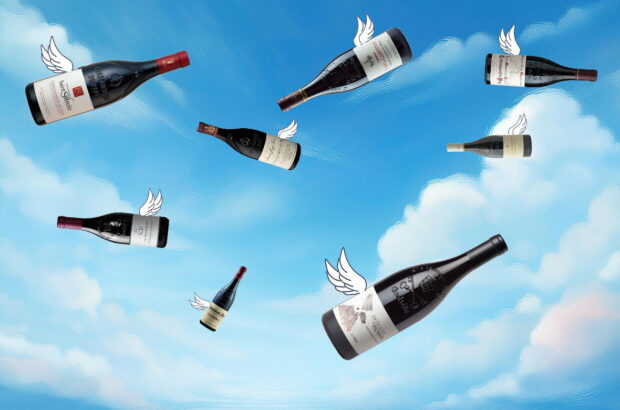This year's winner of the Decanter World Wine Awards International Trophy for the Best in Show Sauvignon Blanc Under £15 went to Lawson’s Dry Hills, Mount Vernon Sauvignon Blanc, Marlborough 2012, New Zealand.
Lawson’s Dry Hills, Mount Vernon Sauvignon Blanc, Marlborough, New Zealand 2012 (13%)
Mineral and slate aromas with lime and tropical fruit leading to a concentration of ripe stone fruit, kiwi and vibrant citrus, held tight by racy acidity. Zesty and very juicy. UK £9.10; Wrt
Tasted against • Jean Tatin, Domaine du Tremblay, Cuvée Vin Noble, Quincy, Loire, France 2012 • KWV, Cathedral Cellar Sauvignon Blanc, Western Cape, South Africa 2012 • Bodega Volcanes de Chile, Summit Reserva Sauvignon Blanc, Leyda Valley, San Antonio, Chile 2012
Marlborough’s Sauvignon Blanc success shows no sign of abating, and for the third time in four years such a wine has claimed this DWWA International Trophy. However it is the first for Lawson’s Dry Hills, which also won a Regional Trophy for its rosé, as well as receiving medals for a further eight wines.
The grapes for this wine are grown in two Marlborough vineyards, one at the entrance of the famous Brancott Valley and a second on heavier soils at the edge of the Blenheim township.
Mount Vernon is a second label for Lawson’s Dry Hills, although the quality exceeds first-label standards for many Marlborough producers. The winemaker Marcus Wright says that viticulturists keep cropping levels low to maintain good concentration but that the winemaking process is otherwise straightforward, with the grapes being picked, crushed and pressed before a cold fermentation in stainlesssteel tanks and a few months’ contact with the lees for extra body and more complexity.
The one significant departure from the conventional winemaking process in Marlborough is the addition of 15% Semillon. In Marlborough when the label reads ‘Sauvignon Blanc’ you usually expect to get a wine made from just that (although laws allow the judicious blending of another variety). Semillon adds texture as well as notes of cut grass that complement Sauvignon Blanc flavours. Wright believes it makes the wine taste better, as well as giving it a useful point of difference.
Bob Campbell MW
Written by Decanter







